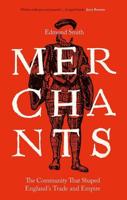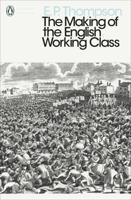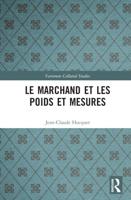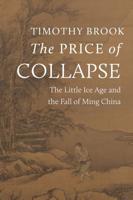Publisher's Synopsis
Between Brexit, efforts to 'Make America great again', and ongoing appeals for patriotic consumption to boost economies, the intersection between national identity, marketing campaigns, and consumer choices has been brought to the fore. This book maps out this terrain and provides a framework for how research on 'Made in' campaigns and programmes in individual countries can be placed into a broader historical context. The book argues that the history of 'Made in' can be used to shed light on society at large: the actors that have promoted it, the institutions that have regulated it, and the cultural environments that have attributed it meaning. At times 'Made in' has been a basic, descriptive trade mark, while, in other periods, it has been a key component of carefully developed commercial brands, and in yet other instances it has been used in attempts to forge and redefine national identities. The book opens with an introduction to the three key factors which have featured prominently in 'Made in' campaigns - commercial logic, national economic policy, and its use as an instrument in political discourse, and it provides an overview of the evolution of 'Made in' from a marketing perspective. This is followed by country-specific discussions of 'Made in' with case studies including countries in Western Europe, the US, Japan, and the antipodes.
This book will be of significant interest to students and scholars of economic history, business history, and marketing.
Chapter 7 of this book is available for free in PDF format as Open Access from the individual product page at www.routledge.com. It has been made available under a Creative Commons Attribution-Non Commercial-No Derivatives 4.0 license.










